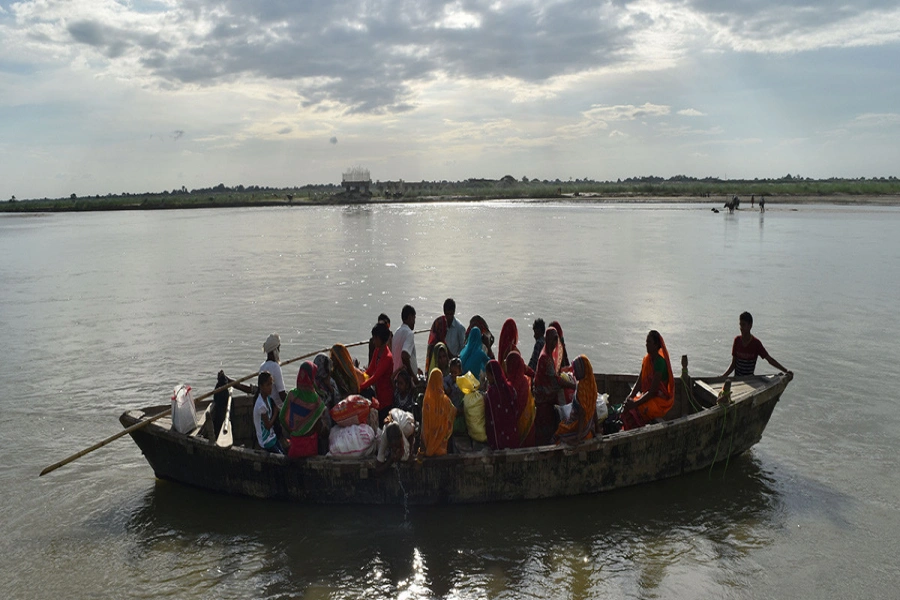BAITADI, May 5: The local government in Baitadi is pouring most of its budget into infrastructure development, or road construction more precisely. All 10 local level governments in Baitadi are engrossed with the idea of “view-able development”, and are hence in unplanned road construction throughout the district.
The completed roads are reportedly fragile and pose a constant threat of landslides and land erosion. The local governments are being accused of ignoring important issues like community management and instead immersing themselves completely in renting and buying dozers. The increment of the budget since the advent of federalism is proving to be a burden for the local level in Baitadi .
Unplanned settlements resulting in loss of arable land in Jumla

Instead of developing an implementation plan, the budget is wasted on constructing roadways, in some areas multiple roads heading towards the same village.
Baitadi Chamber of Commerce and Industry President Nara Bahadur Chand has expressed his grave disappointment. “The local level, which is capable of providing employment opportunities and assisting the needy, is utterly wasting its time and budget, he said”.
For such unnecessary construction projects, the local level is completely dependent on machinery. Villagers are complaining that dozers are taking jobs away from local workers as these are used even in the smallest of projects. The constructed roads do not have design estimates or environmental impact assessments (EIA). According to Krishna Singh Dhami of Sigas Rural Municipality-3, the dozers are digging up fertile land and lush jungles, threatening the drying up of water sources. He also said multiple such roads lack any practicality.
Fertile lands are currently being used for residential and industrial purposes as the local level failed to come up with a community management plan. Purchaudi, Melauli and Patan Municipalities are among the most affected. With roads cutting through vast farms in the hills of Baitadi, houses are being constructed along the roads. This trend is posing a risk to fertile land in the district as a whole.
With land prices skyrocketing following connection to roads, fertile land is being sold off for the construction of houses in an already food insecure district. The chiefs of such local level governments are unlikely of have any knowledge of the technicality surrounding road construction and they are accused of not contacting the bodies concerned for needed inputs.
































